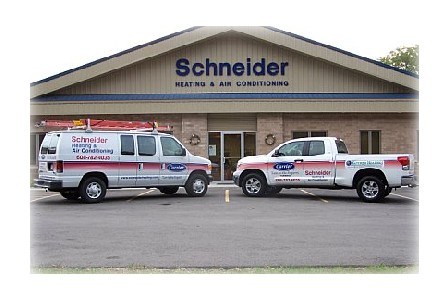
Get matched with top gas log pros in Bangor, WI
Enter your zip and get matched with up to 5 pros
Need a pro for your gas log service project in Bangor, WI?
Verified Reviews for Gas Log Service pros in Bangor, WI
*The Angi rating for Gas Log Service companies in Bangor, WI is a rating based on verified reviews from our community of homeowners who have used these pros to meet their Gas Log Service needs.
*The HomeAdvisor rating for Gas Log Service companies in Bangor, WI is a rating based on verified reviews from our community of homeowners who have used these pros to meet their Gas Log Service needs.
Last update on November 12, 2025
Find Gas log pros in Bangor

La Crosse Fireplace Co.
La Crosse Fireplace Co.
Family owned and operated company since 2001. It is our goal top provide our customers the highest quality product and customer service. We install and service wood, gas, and pellets fireplaces and stoves. We provide design, installation, and future service of all hearth products. We have in-house installers that are trained and certified.
Family owned and operated company since 2001. It is our goal top provide our customers the highest quality product and customer service. We install and service wood, gas, and pellets fireplaces and stoves. We provide design, installation, and future service of all hearth products. We have in-house installers that are trained and certified.
The homeowners guide to home care is here
From average costs to expert advice, get all the answers you need to get your job done.

A guest house remodel is a significant project and can easily cost over six figures. Learn how size, location, and any special features contribute to your guest house remodel cost.

Shower pan replacement costs $530 to $2,700. Find out how material, shower size, labor, and more affect the final project budget.
The cost to install a window seat depends on several factors, such as materials, labor, and options. Here’s a breakdown of the cost to install a window seat.

An updated bathtub can give a bathroom a whole new look. Find out how much it costs to replace a bathtub in Los Angeles, CA, including prices by type and labor costs.
 •
•Discover the average cost of a living room remodel, including price ranges and key factors, to help you plan your project with confidence.

Before converting your attic to a living space, consider these 15 must-read tips to ensure your attic remodel goes smoothly.


